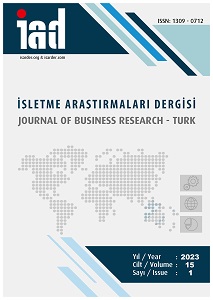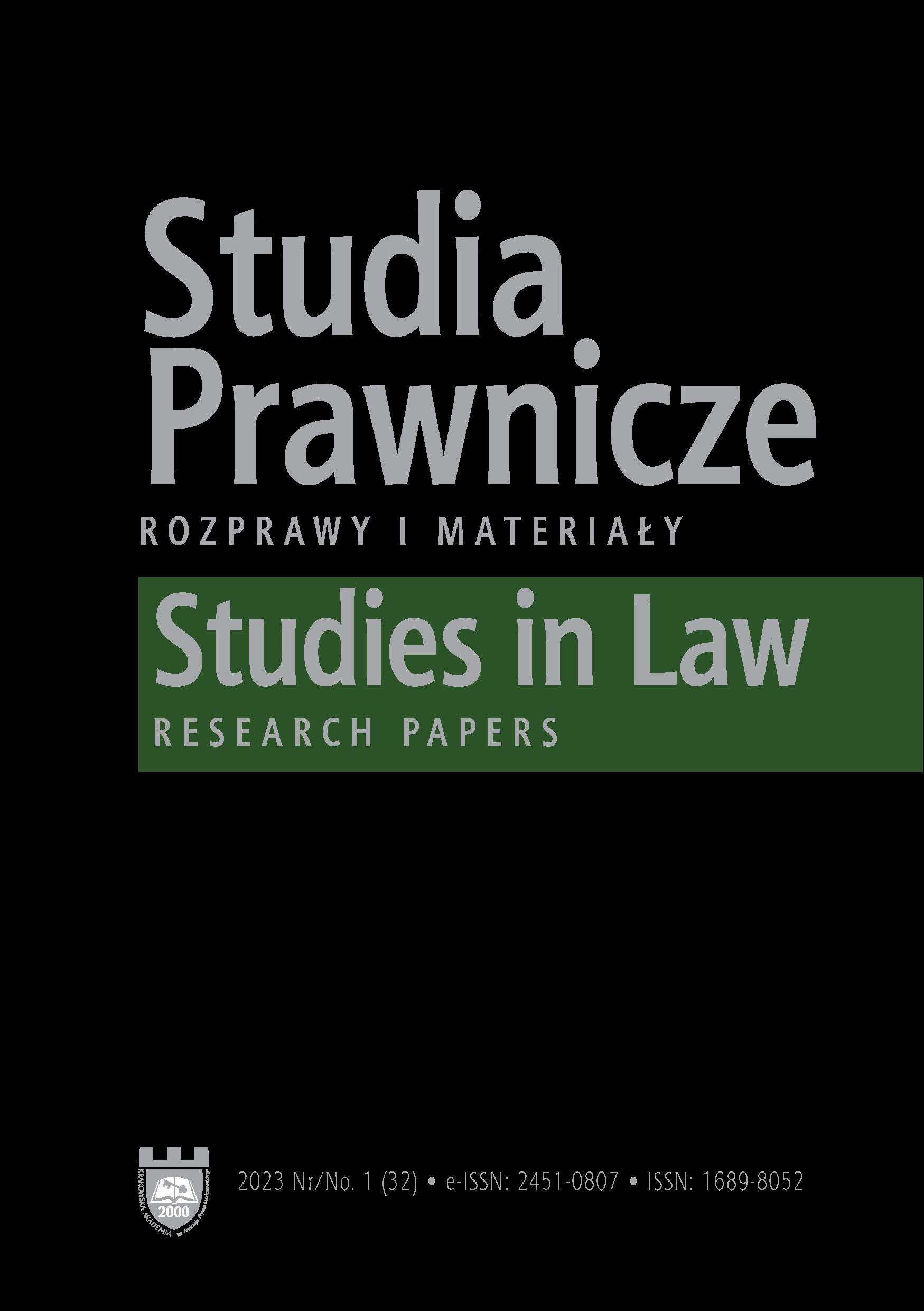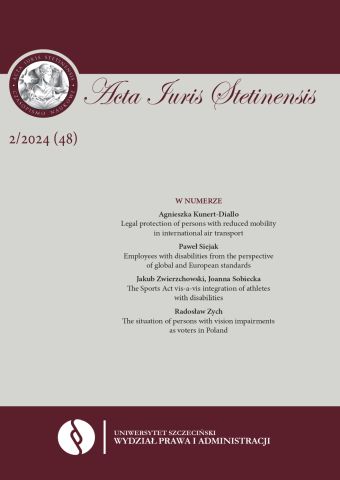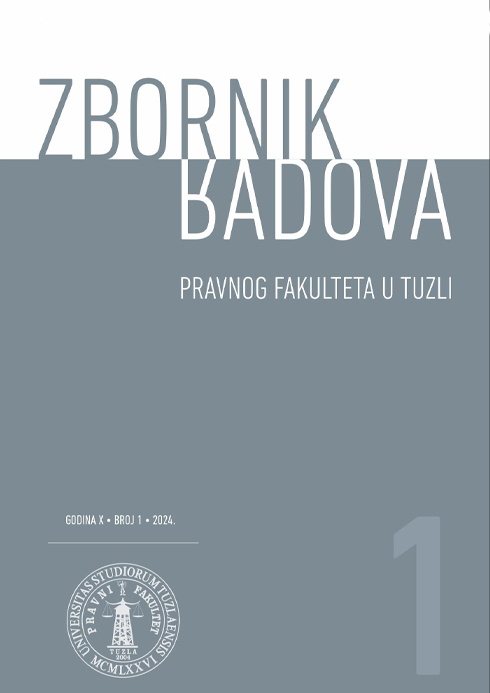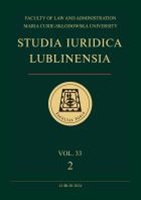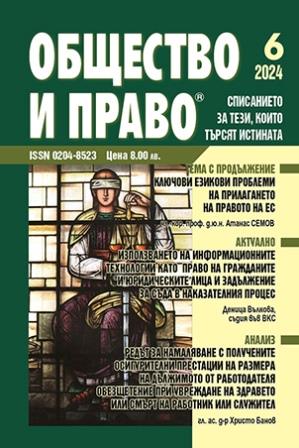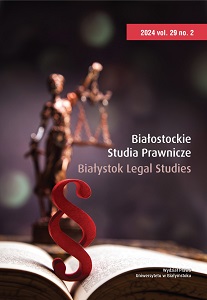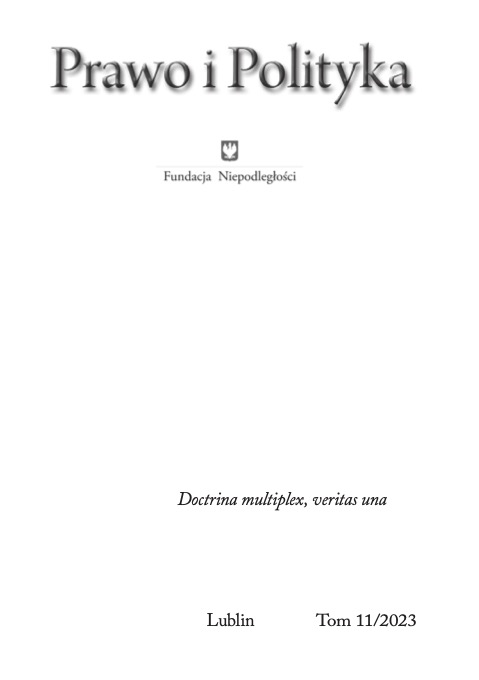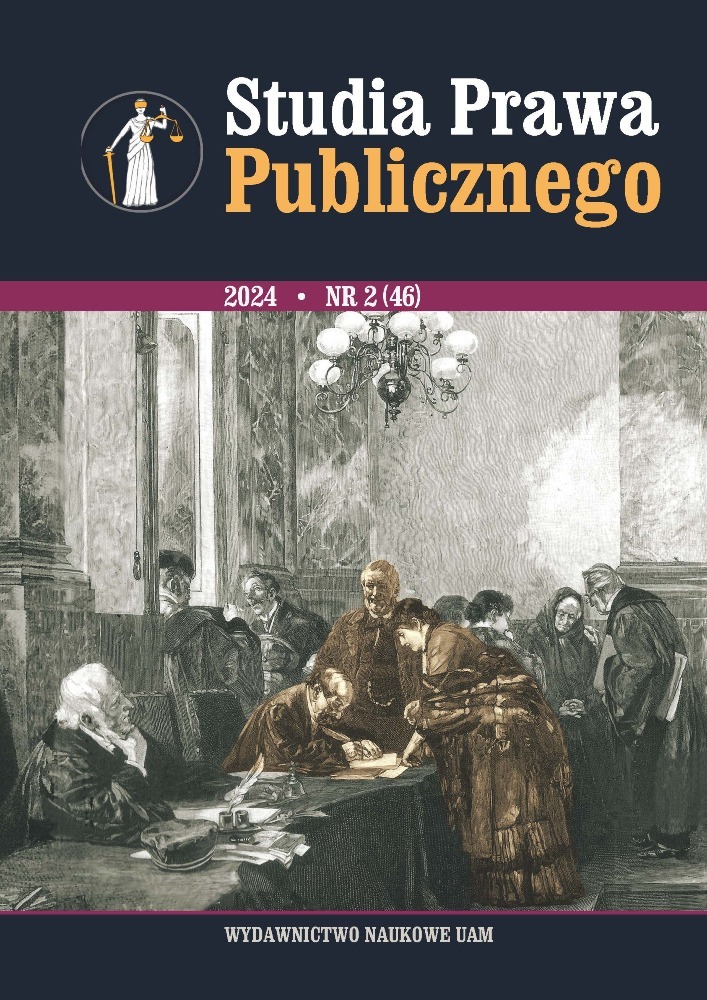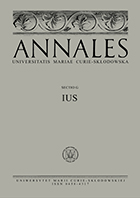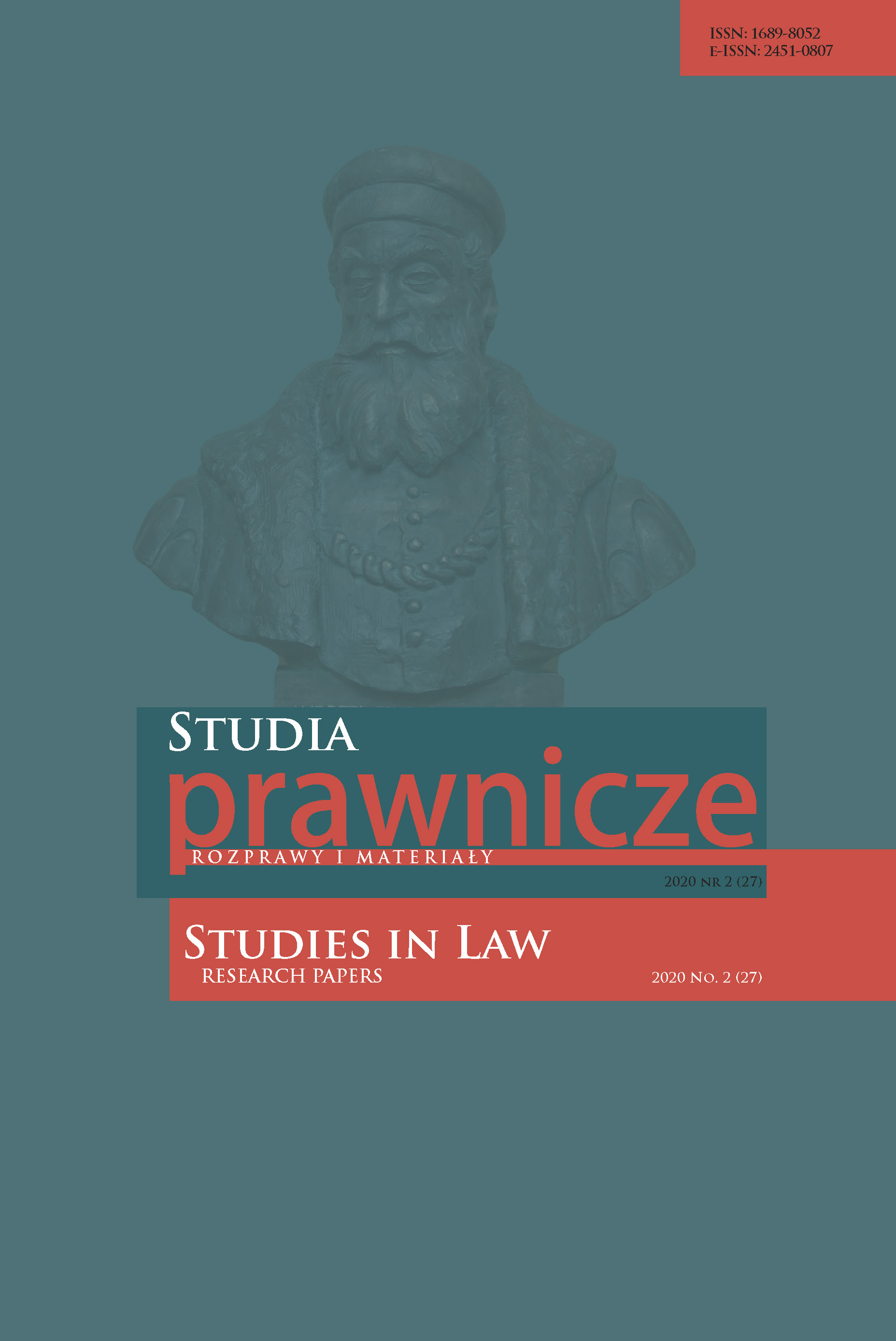
Właściwość miejscowa rzecznika dyscyplinarnego uczelni w postępowaniu w sprawie deliktu dyscyplinarnego popełnionego przez byłego nauczyciela akademickiego
The basis for disciplinary liability of academic teachers lies in the provisions of the Higher Education and Science Act of July 20, 2018. According to Article 275 § 1 of the Act, an academic teacher is subject to disciplinary liability for a disciplinary offense constituting an act that infringes the duties of an academic teacher or the dignity of the academic teacher’s profession. In turn, according to Article 275 § 2 of the Act, termination of employment at the university does not exclude disciplinary liability for a disciplinary misconduct committed in the course of that employment. The interpretation of this provision leads to the conclusion that both a person employed at the university and having the status of an academic teacher on the date of instituting disciplinary proceedings, and a person not employed at the university who had the status of an academic teacher in the past and lost it as a result of termination of their employment in higher education may be subject to disciplinary liability. The subject of this article are issues concerning the jurisdiction of the local disciplinary proceedings representative of the university conducting an inquiry into the disciplinary responsibility of a former academic teacher. On the basis of the linguistic interpretation of § 2 sec. 2 of the Regulation of the Minister of Science and Higher Education of 25 September 2018 on the detailed mode of mediation, explanatory proceedings and disciplinary proceedings in matters of disciplinary liability of academic teachers, it should be assumed that the firstinstance explanatory proceedings and disciplinary proceedings against a former academic teacher are conducted at a university which in the past employed the academic teacher suspected of a disciplinary offense, and whose rector or disciplinary proceedings representative became aware of an act constituting a disciplinary offense.
More...
